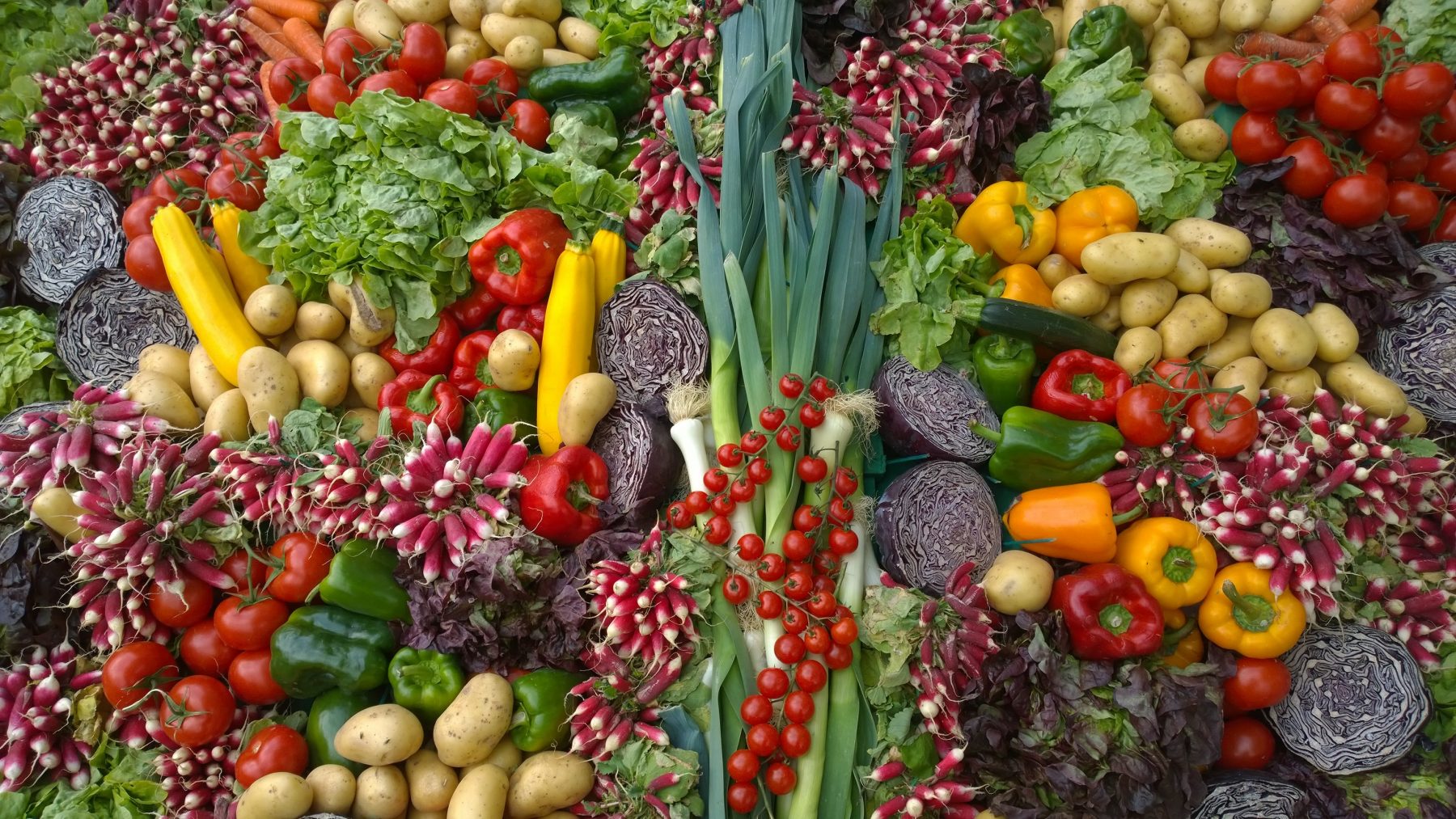VegKIT aims to boost children’s vegetable intake with free ECEC educator resources

Getting children to eat their daily recommended intake of vegetables can be a challenge, both at home and in early childhood education and care (ECEC) settings. Current statistics suggest that only 6 per cent of children aged between two and seventeen years are consuming the recommended amount of vegetables each day.
To help combat the issue, Australia’s VegKIT project partners CSIRO, Australia’s National Science Agency, Flinders University and Nutrition Australia, are working to help parents by supporting key settings (such as day care centres and schools) to increase vegetable intake.
VegKIT has launched a collection of new resources that provide practical strategies, insights and guidance, aiming to inspire educators and carers, as well as policy-makers, the food industry and vegetable growers to work together to boost the vital value of veggies.
“We have parents coming to us telling us of the struggles of mealtimes at home. But the fact is a lot of the children in our care are here for 6-10 hours a day. It shouldn’t be on parents alone,” Julie Lemmon, Healthy Eating Leader, and Centre Cook at Clarendon Street Community Childcare Centre in Melbourne said.
Currently, 2 million children (49 per cent) aged 0-12 years attend formal care and the majority of their daily meals and snacks are provided here. In fact, 60 per cent of children are eating their meals outside of the home. Care environments, therefore, play a pivotal role in a child’s acceptance of vegetables.
“In this project we wanted to focus on places where children spend their time outside of their homes; on people who directly impact children’s vegetable intake through food provision; and on education environments,” CSIRO spokesperson Dr Gilly Hendrie said.
VegKIT research has found food manufacturers, policy makers and growers can also positively influence kids’ diets.
Olivia Bates, CEO Nourishing Bubs and Paediatric Dietitian agrees, “The food industry certainly has a role to play in increasing children’s vegetable consumption. As an industry, we have a direct link to children and their parents. A project like VegKIT provides us with evidence-based insight into the types and composition of products that children are likely to not only accept, but like to eat. The food industry can absolutely help children love their veggies by focusing at least part of their R&D efforts on developing products which hero vegetables.”
VegKIT aims to set up those who work with children in environments with meals served for success.
“At the moment there is little guidance on what strategies are likely to be successful,” CEO of Nutrition Australia Vic Division, Lucinda Hancock explained, saying VegKIT offers “sustainable solutions and strategies” which place an emphasis on a whole team of people working together, not just placing blame and pressure on parents.
As well as boosting nutrition outcomes for children, ensuring each child is eating an additional 1⁄2 cup of veggies per day provides obvious benefits for vegetable growers, and a flow-on effect for the economy.
“We know as growers we are contributing to the health and well-being of Australian kids. In return, there is potential to raise demand for fresh produce by 19,000 tonnes per year if every child (aged between two and six years) increases consumption by greater than half a serving. That’s worthy of our efforts”, said Catherine Velisha, CEO of Velisha Farms.
The new VegKIT user guides are the first in a series of ongoing project deliverables for this $4 million, five-year national project funded by Hort Innovation and led by CSIRO, Flinders University and Nutrition Australia.
Research & Development Manager for Hort Innovation, Jemma O’Hanlon said, “To shift consumption, we will need everyone to play their part over a number of years. The new VegKIT resources provide the guidance and support that critical settings need. The project partners are genuinely excited about what we collectively can achieve with the VegKIT project. If we can get kids eating just an extra half serve of veggies every day we’ll have an enormous impact on the health of this nation.”
The new VegKIT guides are all available free-of-charge and can be downloaded on the refreshed VegKIT website.
Popular

Workforce
Policy
Quality
Practice
Provider
Research
ECEC must change now, our children can’t wait for another inquiry
2025-07-02 07:47:14
by Fiona Alston

Practice
Provider
Quality
Workforce
Leading with Curiosity: How distributed leadership is redefining the future of early childhood education
2025-07-03 07:42:07
by Contributed Content

Events News
Workforce
Marketplace
Practice
Quality
Provider
Research
An exclusive “Fireside Chat” with ECEC Champion Myra Geddes
2025-07-01 11:25:05
by Fiona Alston













